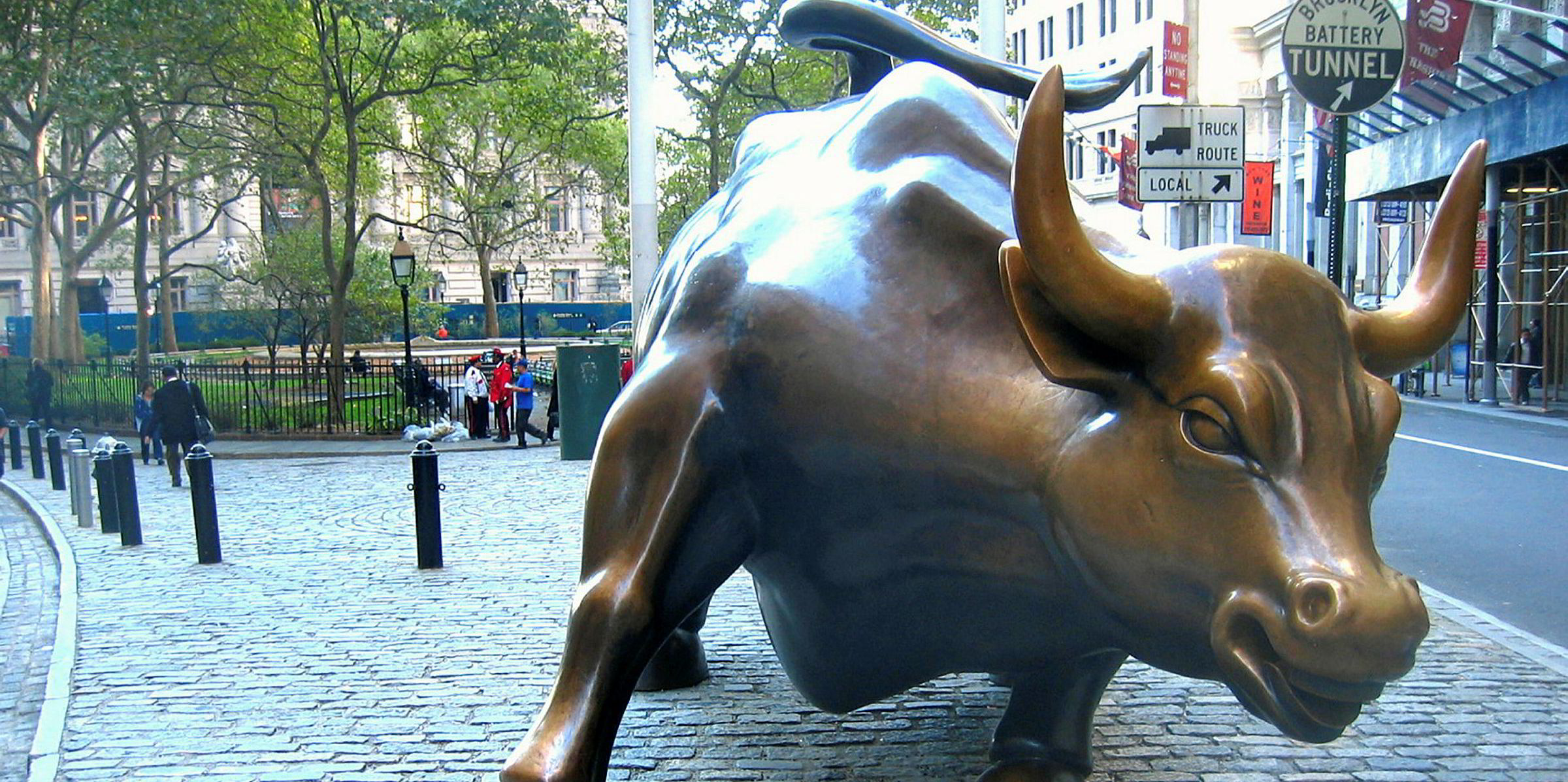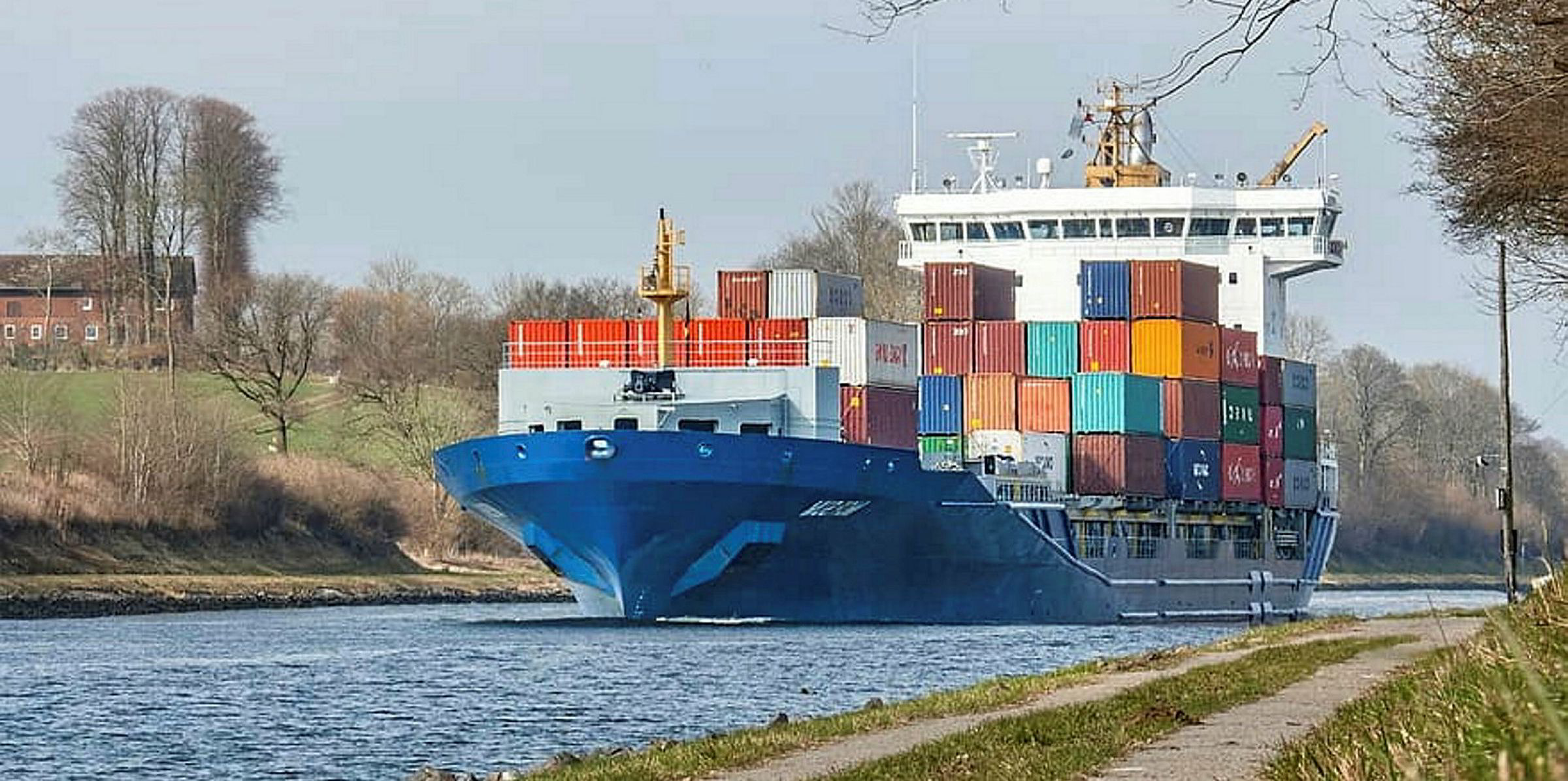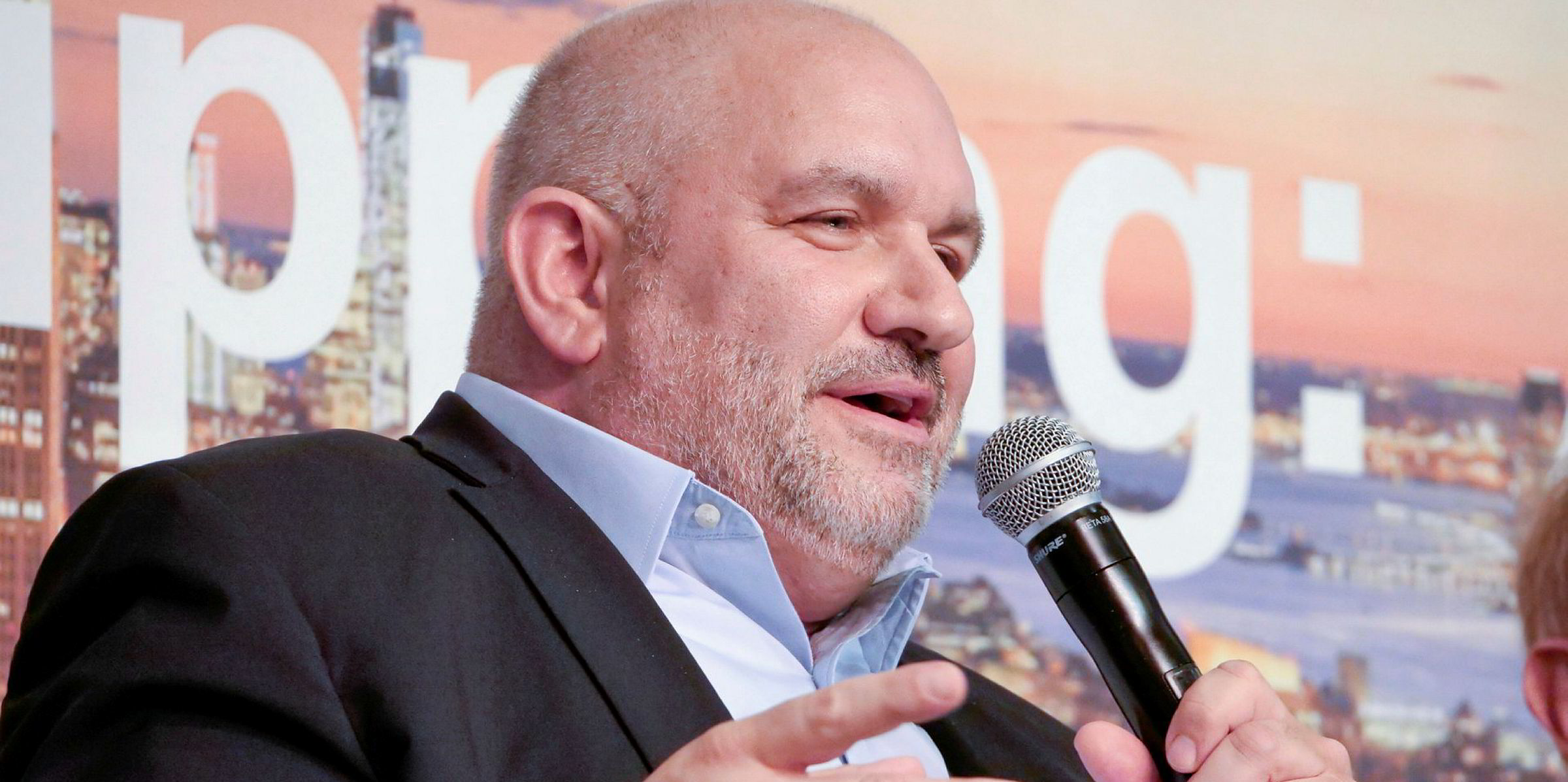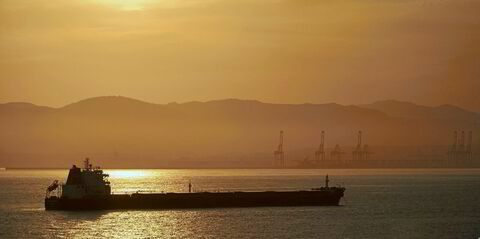Record stock markets, stable oil prices and increasing global trade over the past month have brought a welcome sense of optimism.
The Covid-19 pandemic is not over but lessons have been learned about how to deal with it and lockdown has been easing.
August used to be the media “silly season”, when the most inconsequential story had to be blown up into a manufactured blockbuster.
The stock market tended to doze its way through the month as investors and analysts abandoned terminals and headed to the beach.
Not so this time. The past four weeks have been “the hottest August since 1986” on the capital markets, according to the business bible, the Financial Times.
Cause for concern
The benchmark MSCI World Index of stocks in developed countries shot up 6.7%, making it the most dynamic rally since Mike Tyson became the youngest heavyweight champion in history.
The main Nasdaq index rose 8.8% across the four weeks and finished last Friday at a record high.

Consumer spending and confidence in the world’s biggest economy, the US, is higher than expected, even if some remain wary.
A leader of the bank that manages the Norwegian sovereign wealth fund is one of those who have expressed concern about a disconnect between equity prices and economic fundamentals.
Sign of stability
And the US capital markets are heavily driven by a small handful of big tech companies, such as Amazon, Facebook and Tesla. These are financial beneficiaries of lockdown, growing digitalisation and electrification of the economy.
Let’s not forget US economic growth dived by 33% over the second quarter, its worst decline in history.
On the positive side, China’s GDP rose a better-than-forecast 3.2% in the second quarter, after taking its Covid hit in the first three months.
Some of the Wall Street optimism has been based on a Covid vaccine being developed. What if this does not happen?
The equity rally has been aided by a weak dollar, government financial handouts and rock-bottom borrowing rates.
Another sign of stability has been the price of oil, which plunged to zero in April but has been unusually steady over the past month, with benchmark Brent blend comfortable around $45 per barrel. This reflects an increase in physical oil demand, Opec production restraint — now formally lifted — and better sentiment.
Not everything is normal in this sector. Energy stocks are still being hammered.
ExxonMobil's stock market value is so low, it has been removed from the S&P Dow Jones Industrial Average index for the first time since 1928.
And shipping stocks have not been key beneficiaries of these equity rallies in New York, Tokyo or elsewhere.
The 30 maritime companies covered by investment bank Jefferies collectively ran up a small loss last week, as my colleague Joe Brady reported.
Shipping gloom
Leading tanker operator Frontline’s stock plunged more than 6%, although dry bulk and container companies recorded a small rise.
John Fredriksen’s tanker business is still worth almost 40% less than it was at the start of the year, despite reporting the best first-half profits for 10 years last week.
It is the same picture for the wider shipping sector: investors are still gloomier about prospects for the industry than they were at the start of the year.
There is certainly plenty to fret about. Some of the Wall Street optimism has been based on a Covid vaccine being developed. What if this does not happen?
And is Donald Trump going to win a second term in the White House in November? This is a politician who believes in nationalism over internationalism and local rather than global solutions.
He enjoys disrupting the status quo and creating trade wars with China and threatening the European Union. Could he take the US out of the International Maritime Organization at some future date, as he has abandoned the Paris climate agreement and the World Health Organization?
The China trade war and the pandemic have encouraged policymakers and business leaders to rethink supply chains.
Localism — if not nationalism — is a rising trend, while increased disruption from climate breakdown could accelerate a move to build factories closer to customers.
All of this has potential consequences for the future of shipping, but let’s celebrate as the global mood lightens.






